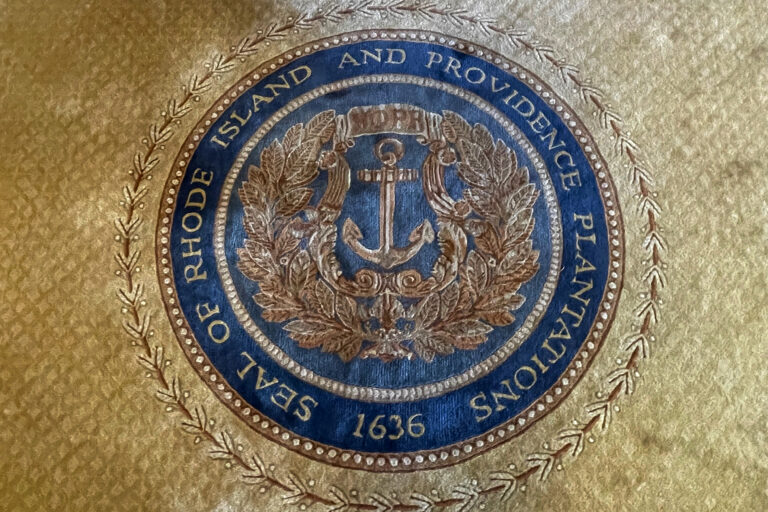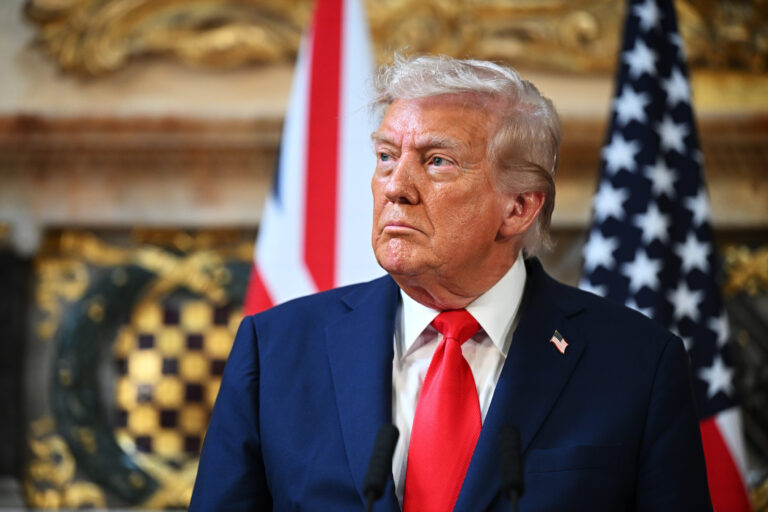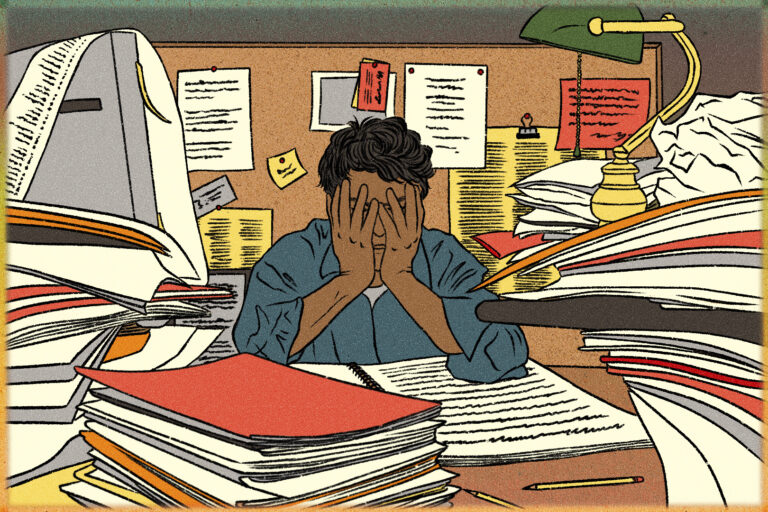
A former Trump administration official and expert on Asia highlighted on Friday why China might hesitate to strike a trade deal with the United States amid President Donald Trump‘s tariff threats.
The Context
Tensions between Washington and Beijing hit a boiling point last month, when Trump ratcheted up tariffs on Chinese imports to a whopping 145 percent, to which China responded with a 125 percent retaliatory tariff. The moves came after Trump announced—and then walked back—sweeping global tariffs against almost every U.S. trading partner, with China facing the steepest levies.
U.S.-China tensions appeared to simmer down earlier this month, when representatives for the two countries met in Geneva and agreed to partially reduce their tariffs on each other while they negotiated a more long-term trade agreement.
But Treasury Secretary Scott Bessent said this week that the talks had “stalled” and Trump on Friday accused China of violating the preliminary agreement, adding, “So much for being Mr. NICE GUY!”

Alex Brandon/AP
What To Know
Daniel Kritenbrink, who served as ambassador to Vietnam, said Friday that the Trump administration’s back-and-forth on tariffs could have a “real impact” on China’s willingness to sign a formal trade deal with the U.S.
“Do you find — because I’ve heard this from other teams currently negotiating with the US from Canada, from Europe — this fear that, ok, let’s say we do get to a deal, if we get over all the obstacles in the way, of which there are many, can I trust what this administration signs?” CNN‘s Jim Sciutto asked Kritenbrink during an interview Friday. “Will I be surprised in three months, six months, nine months down the road? Is China—and are other trading partners in Asia—thinking the same thing?”
“I think it has a real impact,” Kritenbrink replied, adding that China and other Asian countries are “used to being practical” and can “engage in transactional deals with the United States and others.”
“But they want to know, will they last if we cut a deal?” added Kritenbrink, who is a partner at the Asia Group and served as Assistant Secretary of State for East Asian and Pacific Affairs under the Biden administration.
Kritenbrink said China isn’t only worried about the global tariffs Trump announced in April under an economic emergency-powers law, but tariffs that were implemented using other executive authorities.
“So any deal that China or other partners were to cut could be undermined by those subsequent investigations and their outcomes and they’re worried about that as well,” Kritenbrink said.
When asked whether the tariff whiplash could be “damaging” to the U.S.’s global standing, Kritenbrink said that “partners want consistency.”
“They want to know: can they rely on the United States?” he said. “So I think that is the most important factor that we’re facing right now. And anything that undermines that, I think, does harm our standing in the region.”
He noted, however, that American trading partners “know they need” the U.S. and “want the United States engaged.”
“They’re prepared to cut deals and so if the Trump administration is willing to cut deals with our partners in Asia, there are deals to be had,” he said.
What People Are Saying
President Donald Trump wrote on Truth Social: “Two weeks ago China was in grave economic danger! The very high Tariffs I set made it virtually impossible for China to TRADE into the United States marketplace which is, by far, number one in the World. We went, in effect, COLD TURKEY with China, and it was devastating for them. Many factories closed and there was, to put it mildly, “civil unrest.” I saw what was happening and didn’t like it, for them, not for us. I made a FAST DEAL with China in order to save them from what I thought was going to be a very bad situation, and I didn’t want to see that happen. Because of this deal, everything quickly stabilized and China got back to business as usual. Everybody was happy! That is the good news!!! The bad news is that China, perhaps not surprisingly to some, HAS TOTALLY VIOLATED ITS AGREEMENT WITH US. So much for being Mr. NICE GUY!”
Liu Pengyu, spokesperson for the Chinese Embassy in Washington, told Newsweek: “Since the China-U.S. economic and trade talks in Geneva, both sides have maintained communication over their respective concerns in the economic and trade fields on various bilateral and multilateral occasions at multiple levels.”
What Happens Next
Washington and Beijing will continue discussing how to advance trade deals between the two nations, with a focus on bringing down tariffs.
Update 5/30/25, 10:12 p.m. ET: This article has been updated with additional information, context, and comments.




